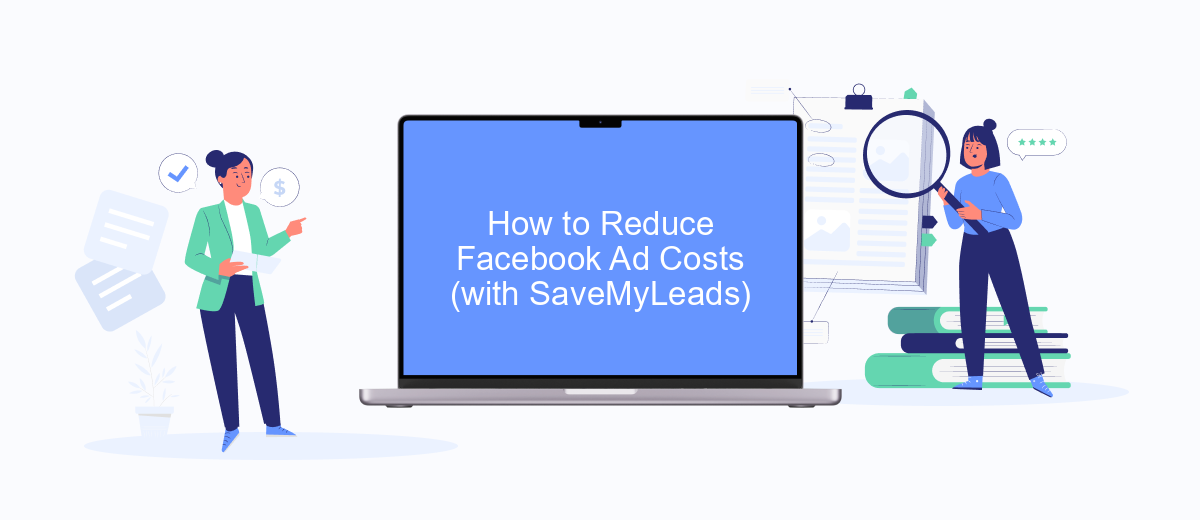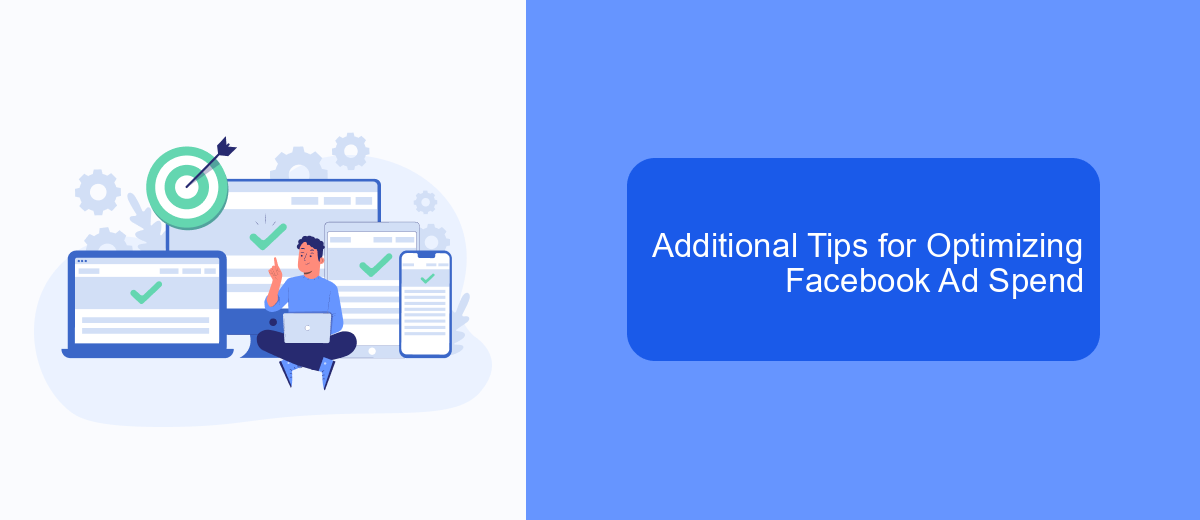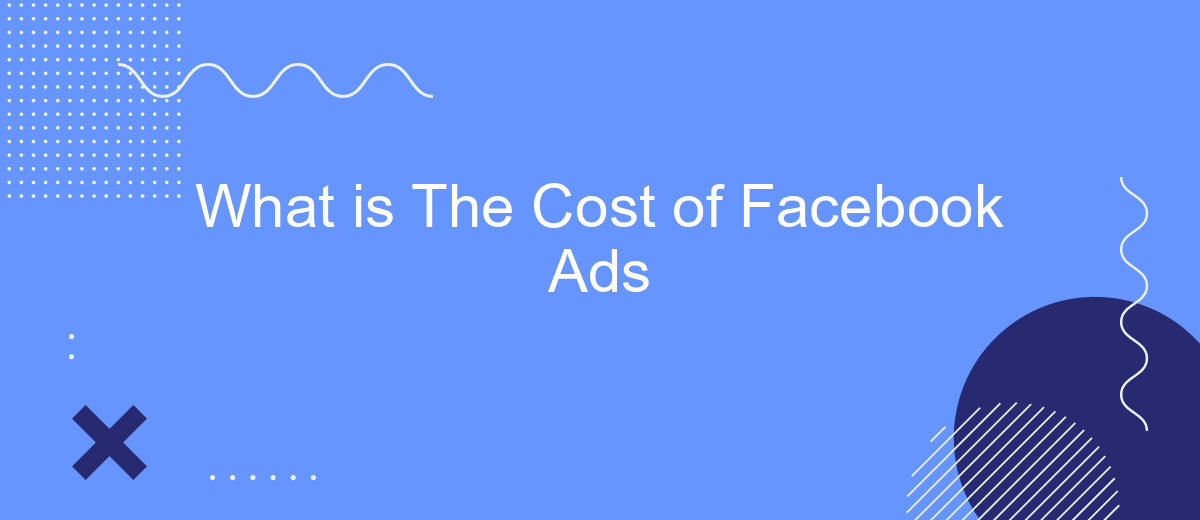Understanding the cost of Facebook ads is crucial for businesses looking to maximize their advertising budget. This article delves into the various factors that influence Facebook ad pricing, including audience targeting, ad placement, and bidding strategies. By the end, you'll have a clearer picture of how much you might expect to spend and how to optimize your investment.
What is the Average Cost of Facebook Ads?
Understanding the average cost of Facebook ads is crucial for businesses aiming to optimize their advertising budget. The cost can vary based on several factors including the target audience, ad placement, and campaign objectives. On average, businesses can expect to pay around #sml_subkey-0-section-html#.97 per click or .19 per 1,000 impressions.
- Cost Per Click (CPC): Approximately #sml_subkey-0-section-html#.97
- Cost Per Mille (CPM): Around .19
- Cost Per Like: About .07
- Cost Per App Install: Roughly .47
To make the most of your Facebook advertising budget, consider using integration services like SaveMyLeads. This platform helps automate lead generation and can connect Facebook Lead Ads with various CRM systems, ensuring you get the best return on investment. By leveraging such tools, businesses can efficiently manage their ad spending and improve overall campaign performance.
Factors Affecting Facebook Ad Costs

Several factors influence the cost of Facebook ads, making it essential for advertisers to understand and optimize these variables. One significant factor is the target audience. The broader and more competitive your audience, the higher the cost per click (CPC) or cost per thousand impressions (CPM). Additionally, the quality and relevance of your ad content play a crucial role. Ads that resonate well with users and receive positive engagement are often rewarded with lower costs by Facebook's algorithm.
Another critical factor is the ad placement and bidding strategy. Different placements, such as the news feed, stories, or right-hand column, come with varying costs. Choosing the optimal placement based on your campaign goals can significantly impact your budget. Moreover, the bidding strategy you select, whether it's cost per click, cost per impression, or cost per conversion, directly affects your expenses. Utilizing services like SaveMyLeads can streamline the integration process and help you manage your campaigns more efficiently, potentially reducing overall costs.
How to Reduce Facebook Ad Costs (with SaveMyLeads)

Reducing Facebook ad costs can significantly improve your ROI and overall marketing efficiency. One effective way to achieve this is by leveraging SaveMyLeads, a service that automates the integration of Facebook Leads with various CRM systems and marketing tools.
- Automate Lead Processing: Use SaveMyLeads to automatically send Facebook leads to your CRM or email marketing tools. This reduces manual work and speeds up your response time.
- Optimize Ad Targeting: By integrating with CRM systems, you can better analyze your leads and refine your targeting criteria, ensuring your ads reach the most relevant audience.
- Track Performance: SaveMyLeads allows for seamless data flow, enabling you to track ad performance in real-time and make necessary adjustments without delay.
By using SaveMyLeads to automate and optimize your lead management process, you can reduce the costs associated with Facebook ads while maximizing their effectiveness. This not only saves time but also ensures that your marketing efforts are more targeted and efficient.
Additional Tips for Optimizing Facebook Ad Spend

Optimizing your Facebook ad spend is crucial to achieving the best return on investment. Start by clearly defining your target audience and using Facebook's detailed targeting options to reach the most relevant users. This will help you avoid wasting budget on uninterested viewers.
Another effective strategy is to continuously monitor and adjust your ad campaigns. Utilize Facebook's analytics tools to track performance metrics and identify which ads are performing well and which are not. This data-driven approach allows you to allocate your budget more efficiently.
- Use A/B testing to compare different ad creatives and copy.
- Set a daily or lifetime budget to control your spending.
- Leverage retargeting to re-engage users who have previously interacted with your brand.
- Integrate with tools like SaveMyLeads to streamline lead management and improve conversion rates.
By implementing these strategies, you can maximize the effectiveness of your Facebook ad campaigns and ensure that your ad spend is being used as efficiently as possible. Remember, continuous optimization is key to staying ahead of the competition and achieving your marketing goals.
Conclusion
In conclusion, the cost of Facebook ads can vary widely based on several factors including your target audience, ad placement, and the competitiveness of your industry. By understanding these variables and continuously optimizing your campaigns, you can achieve a more cost-effective advertising strategy. It's crucial to monitor your ad performance regularly and make adjustments as needed to ensure you are getting the best return on your investment.
Additionally, leveraging tools and services like SaveMyLeads can simplify the process of integrating your Facebook ad data with other platforms, enhancing your ability to track and analyze campaign performance. SaveMyLeads allows for seamless automation of lead data, enabling you to focus more on refining your ad strategies rather than getting bogged down with manual data entry. By utilizing such integrations, you can make more informed decisions and ultimately drive better results from your Facebook advertising efforts.
FAQ
What factors influence the cost of Facebook Ads?
How is the budget for Facebook Ads set?
Are there tools to help manage and optimize Facebook Ad costs?
Can I control the cost per click (CPC) or cost per thousand impressions (CPM) for my Facebook Ads?
How can I ensure that my Facebook Ads are cost-effective?
SaveMyLeads is a simple and effective service that will help you automate routine tasks and optimize business processes. Stop wasting time uploading leads from Facebook manually – you can do it automatically, saving a lot of time and money. Eliminate routine from workflows and achieve more with minimal investment of money, effort and human resources.
